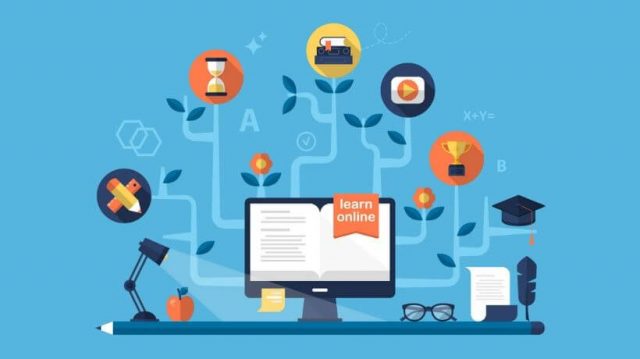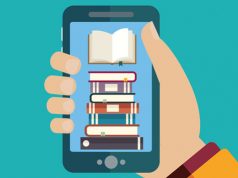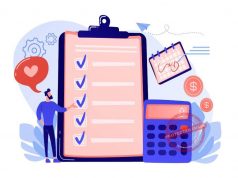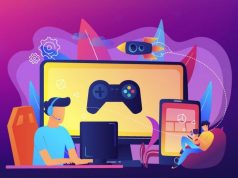Being confident and competent on the internet is an essential capability to possess in modern life, but what does that actually mean? Does having an understanding of how to google suffice? Or do you need to have advanced knowledge of coding and programming? We take a look at what it means to be digitally literate and how you can improve your skillset.
What Is Digital Literacy?
One quick google search for ‘What is digital literacy’ will bring up a plethora of varying definitions. However, the overarching definition is the ability to find information, evaluate its quality, utilize it, and finally create further information using what you have found. You can apply this principle to just about anything on the internet; from understanding your emails to comprehending Adobe Creative Suite. Much like traditional literacy, we are being asked to interpret the information in front of us, however now we are now applying these skills to the ever-expanding digital world. With the constantly developing nature of technology, being digitally literate involves lifelong learning and is something you can constantly upskill. In Victoria, the digital industry generates $34 billion in revenue, and $3 billion in exports annually, with short courses in Melbourne being a great pathway to join such a lucrative career path.
Where Does It Start And What Does It Mean?
Digital literacy moves beyond simply being able to do your own independent research. It is the ability to critically analyze the platform and content you’re consuming. Familiarising yourself with trusted search engines and sites helps you to become more digitally competent, this is essentially what being digitally literate is; an understanding of the world around you. Along with traditional literacy and numeracy, digital literacy is fast becoming an essential subject for school-aged children. No longer are textbooks the only options, nowadays they are substituted or sometimes replaced entirely by their online counterpart. Teaching students about digital literacy gives them functional skills that will be carried throughout their life. If a student is taught about copywriting laws when creating a piece of work, they will be able to apply this understanding to later study and their professional careers. By learning how to be digitally literate from a young age you are being given the skills to learn and work in a society where information and access to information become increasingly available on the internet.
Digital Literacy In The Workplace
Each workplace is different in how they utilize digital literacy. For a marketing agency or small business, being digitally literate can help improve your website’s performance through valid knowledge of SEO’S which as a result can boost your business’s online performance.
Most professions require a basic understanding of technology and how to use it and therefore if you’re unable to, you’ll fall behind. Most industries change over time, but for the digital industry, your knowledge is outdated in even a few months, so continuing to educate yourself and make use of various courses is integral to the growth of your career.
Where To Now?
Today, technology is inescapable therefore understanding it is imperative in order to progress not only professionally but personally. Teaching ensures that people from a young age have a greater understanding of the digital world, and continuing your education long after secondary or even tertiary education is crucial as we move more and more online.
Push Students To New Levels Of Creativity
Encourage pupils to put their newfound knowledge to creative use when they’ve gained a better comprehension of the answers they’ve discovered. It might be anything from requiring students to ask related questions to encouraging them to develop something new using other digital platforms. The following are a few examples:
- Film a scientific experiment based on their findings.
- Podcast on how their answer came to be in the form of a historical narrative
- Investigate the same subject in an investigative piece of writing.
As a reminder, digital literacy does not imply that children know how to operate every piece of software they may encounter in their lives. Students should be encouraged to seek out and learn the software they require in order to do the tasks demanded of them by their teachers.
Expanding Conceptions of the Digital World
Even while students may be proficient at utilising digital tools, their knowledge of what these technologies may do is typically lacking.
As an example, many students use Instagram to upload images, but they don’t think to utilise it for art or historical assignments. A voice memo app is used by many people to record their thoughts and feelings, but they don’t realise it can also be used for journalism projects or historical narratives. Teachers who are well-versed in today’s technology have a leg up on the competition when it comes to motivating their students to make the most of it.
Follow Technoroll for more!
Editorial Staff of the TechnoRoll, are a bunch of Tech Writers, who are writing on the trending topics related to technology news and gadgets reviews.




